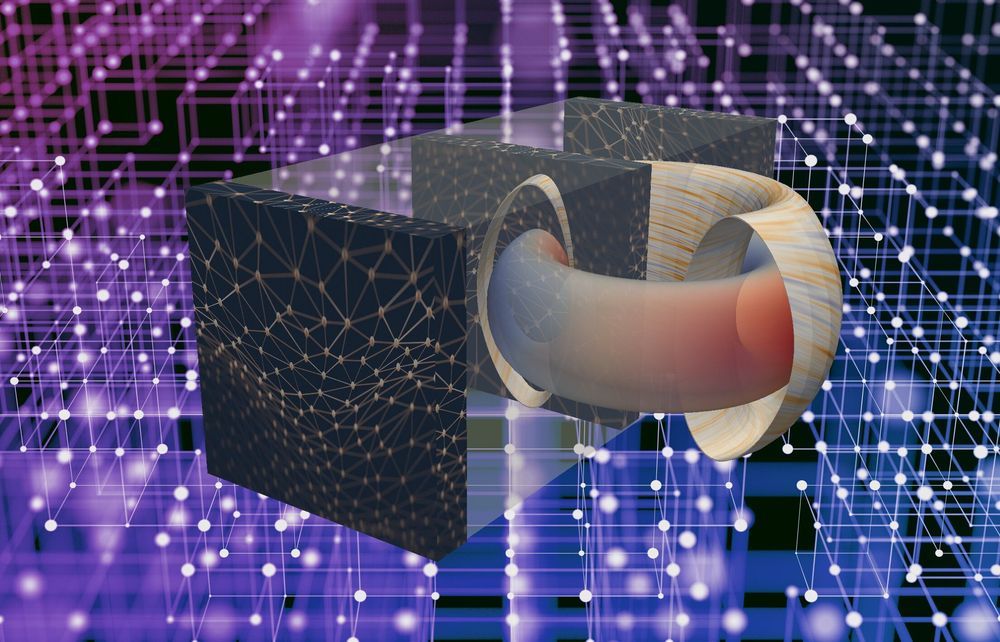Artificial intelligence (AI), a branch of computer science that is transforming scientific inquiry and industry, could now speed the development of safe, clean and virtually limitless fusion energy for generating electricity. A major step in this direction is under way at the U.S. Department of Energy’s (DOE) Princeton Plasma Physics Laboratory (PPPL) and Princeton University, where a team of scientists working with a Harvard graduate student is for the first time applying deep learning—a powerful new version of the machine learning form of AI—to forecast sudden disruptions that can halt fusion reactions and damage the doughnut-shaped tokamaks that house the reactions.
Promising new chapter in fusion research
“This research opens a promising new chapter in the effort to bring unlimited energy to Earth,” Steve Cowley, director of PPPL, said of the findings, which are reported in the current issue of Nature magazine. “Artificial intelligence is exploding across the sciences and now it’s beginning to contribute to the worldwide quest for fusion power.”
